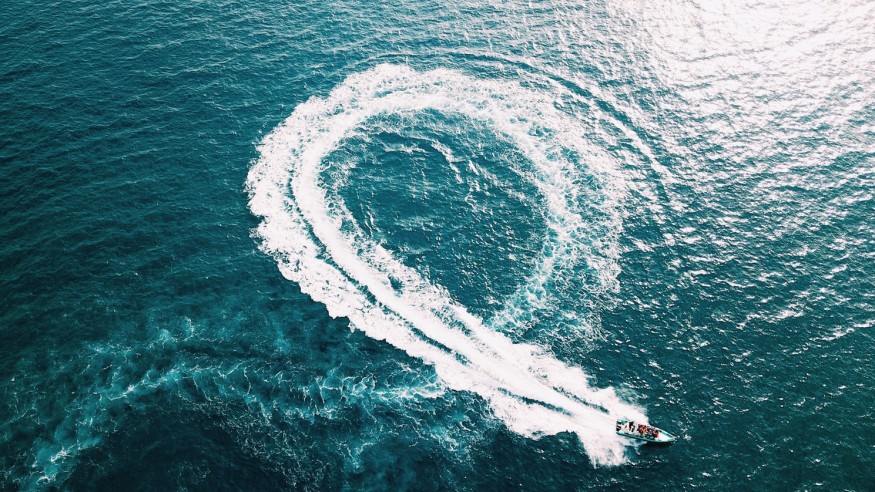
The climate crisis the world is experiencing today is an impact of the carbon dioxide (CO2) emissions that made the waters more acidic. These emissions wiped out three-fourths of the aquatic species 66 million years ago. The said discharge of carbon dioxide on waters is also known as ocean acidification.
Indeed, what happened millions of years ago is happening again today as the seas are turning more acidic once more because they are absorbing the carbon dioxide emitted from the burning of oil, coal, and gas. This report came out in The Guardian the other day. In this online news site, scientists stated that the latest research serves as a warning "that humanity is risking potential 'ecological downfall' in the oceans, which release 50 percent of the oxygen breathed."
What is Ocean Acidification?
Not everybody knows what ocean acidification is, even if it is not supposed to be new terminology in science. In a more simple explanation, when the seawater begins to absorb CO2, chemical reactions take place. The said reaction reduces the pH level of the seawater, the saturation conditions of the biologically essential calcium carbonate minerals, and the concentration of carbonate ion. These chemical responses are called 'ocean acidification' or OA.
As a result of OA, since the onset of the Industrial Revolution, the surface ocean waters' pH level has dropped by 0.1 pH units. In relation to this, future forecasts specify that the oceans will keep on absorbing CO2, resulting in increased ocean acidity and, eventually, mass extinction. Approximations of the future CO2 levels, based on typical emission scenarios, show that towards the end of the century, the ocean's surface waters could reach the acidity levels almost 150 percent more. Consequently, this is a pH that hasn't been experienced by the oceans for over 20 million years.
Impacts of Ocean Acidification on both Humans and Oceanic Ecosystems
The National Academies Press defines ecosystems as a multifaceted collection of interactions among organisms, and between these organisms and their physical atmosphere, a disruption to a part may result in cascading impacts in the entire system. As for the effects on humans, lots of people mistakenly perceive that the "oceans may be turning to acid" and that it will be unsafe for humans to enter the water.
The said perception is false, even in the most life-threatening scenarios of the next 100 years. A pH level of more than 7 is not directly hazardous to human beings. In fact, several guides for maintaining the swimming pool recommend that a pH level from 7.2 to 7.8 must be retained. While there is no direct negative impact of ocean acidification on human health, it is essential to remember that humans are indistinguishably associated with the ocean's health. As a result, humans have always depended on the resources for food, transportation, recreation, and medicines of the ocean.
© 2025 ScienceTimes.com All rights reserved. Do not reproduce without permission. The window to the world of Science Times.











